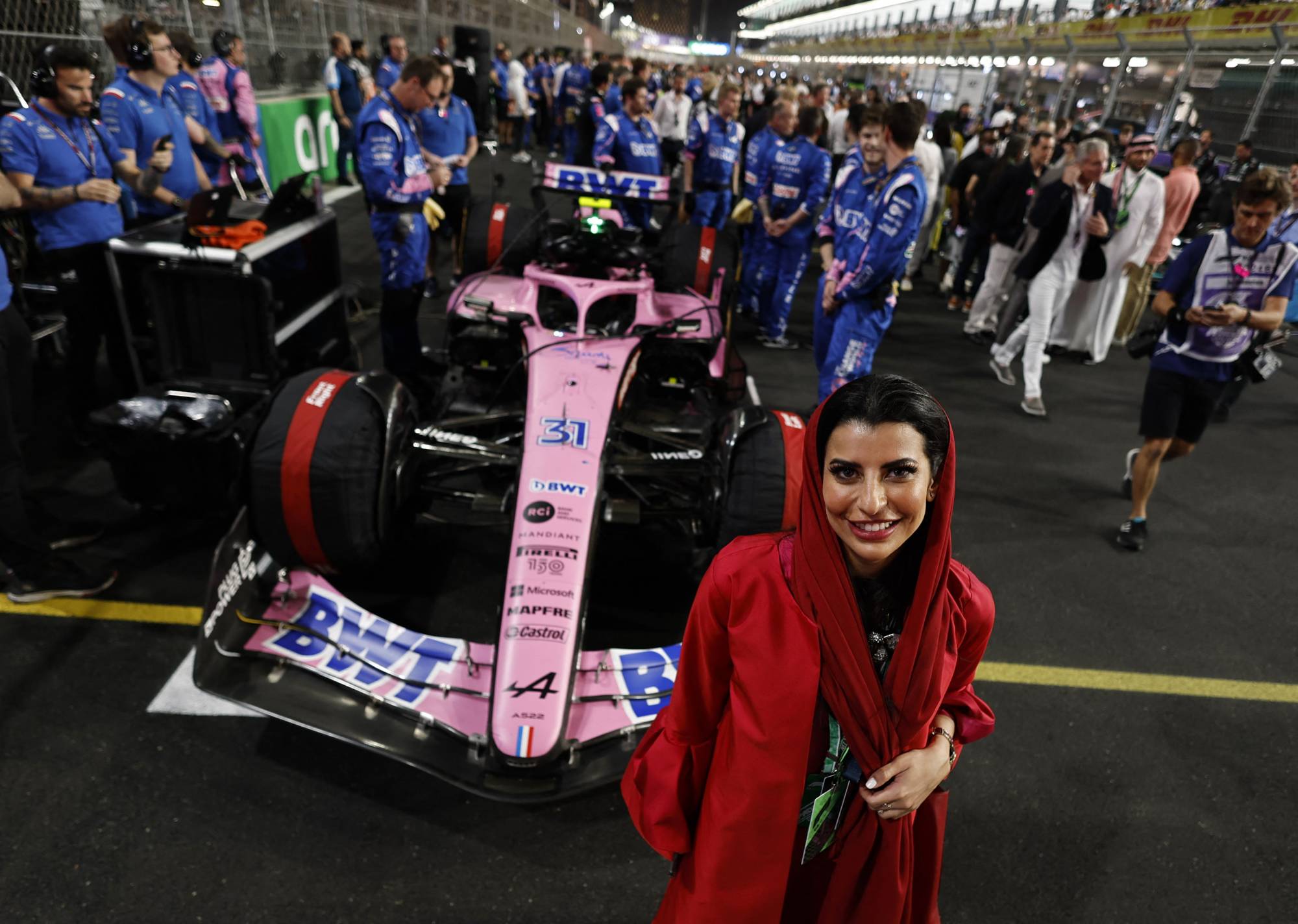Formula One has plenty to discuss after a Saudi Arabian Grand Prix weekend featuring a devastating crash and a Houthi attack raised questions about the race's continued presence in the Middle Eastern location.
The attack on an oil storage facility near the track by Yemen’s Iran-backed Houthi group last Friday cast doubt on Sunday's race, with drivers meeting for more than four hours to consider their stance.
The sport eventually decided collectively to carry on after receiving security assurances from Saudi authorities.


















With your current subscription plan you can comment on stories. However, before writing your first comment, please create a display name in the Profile section of your subscriber account page.